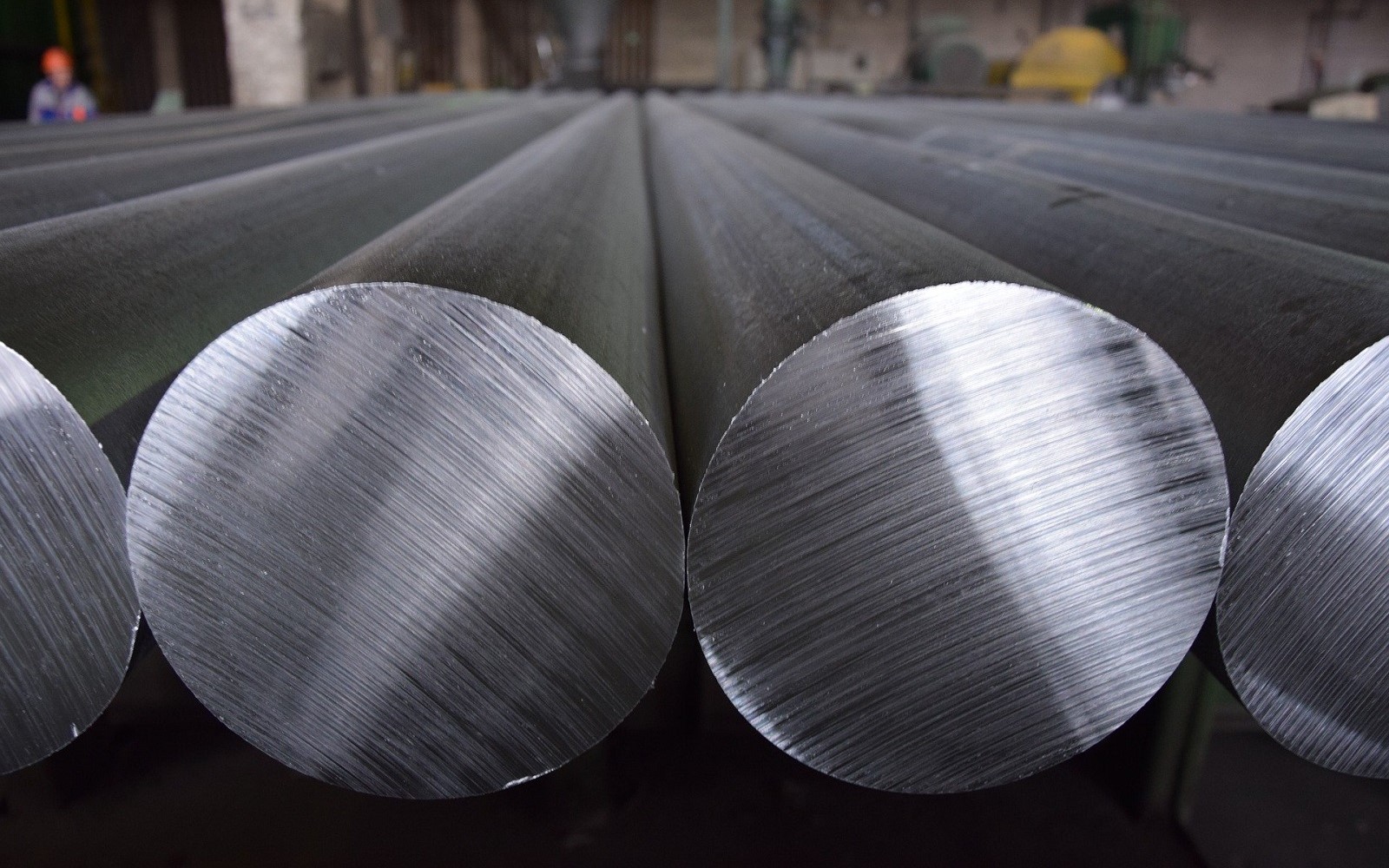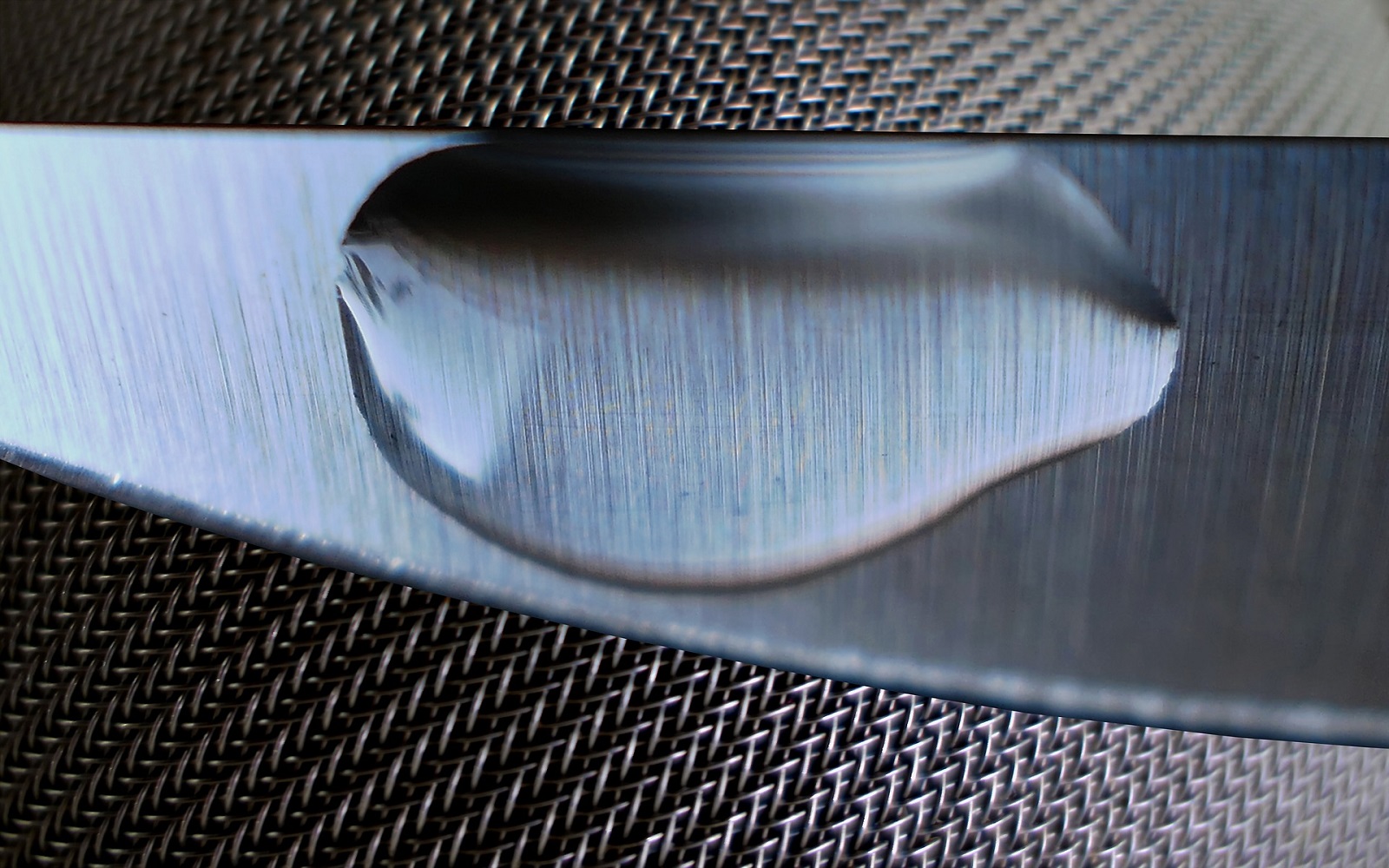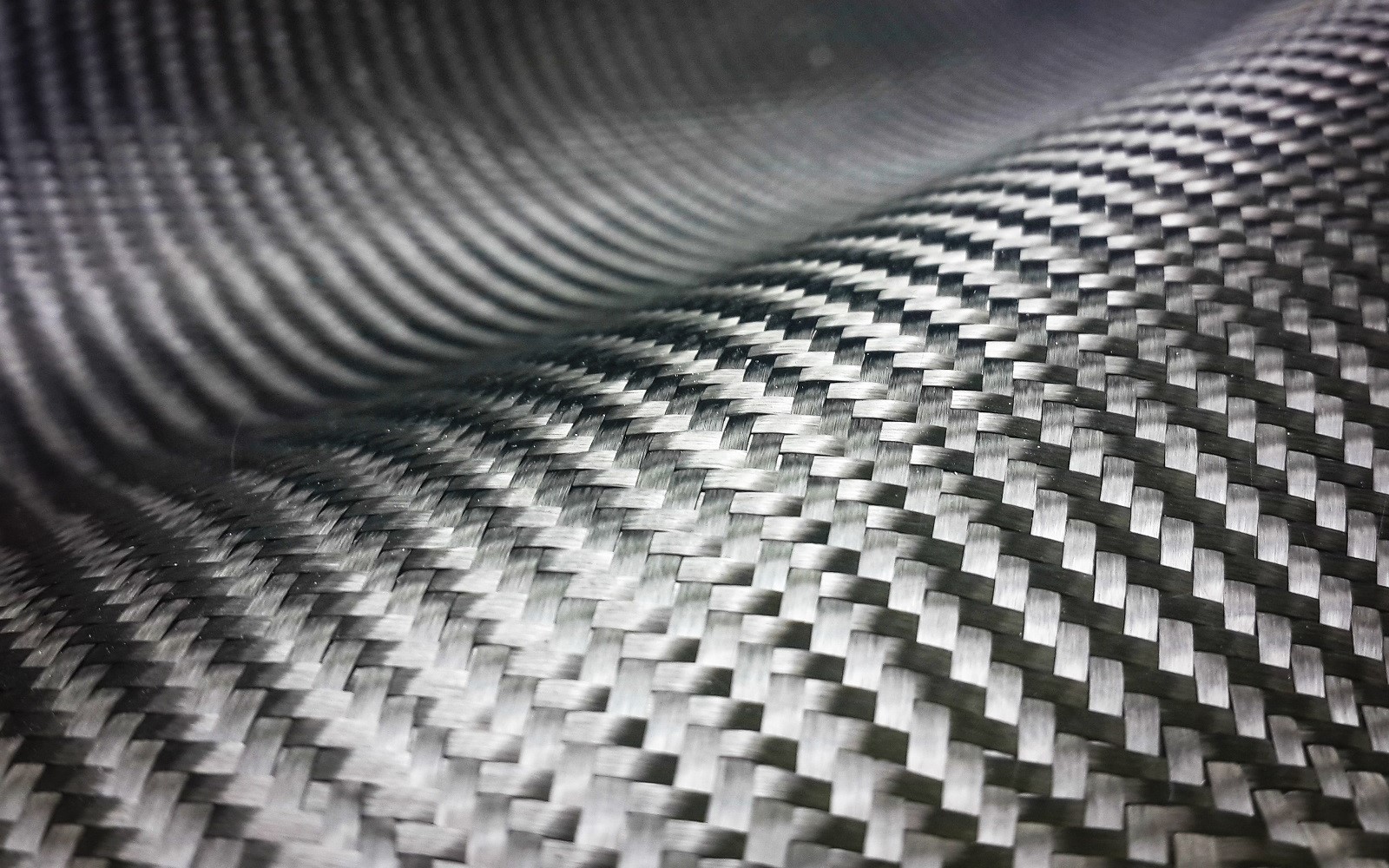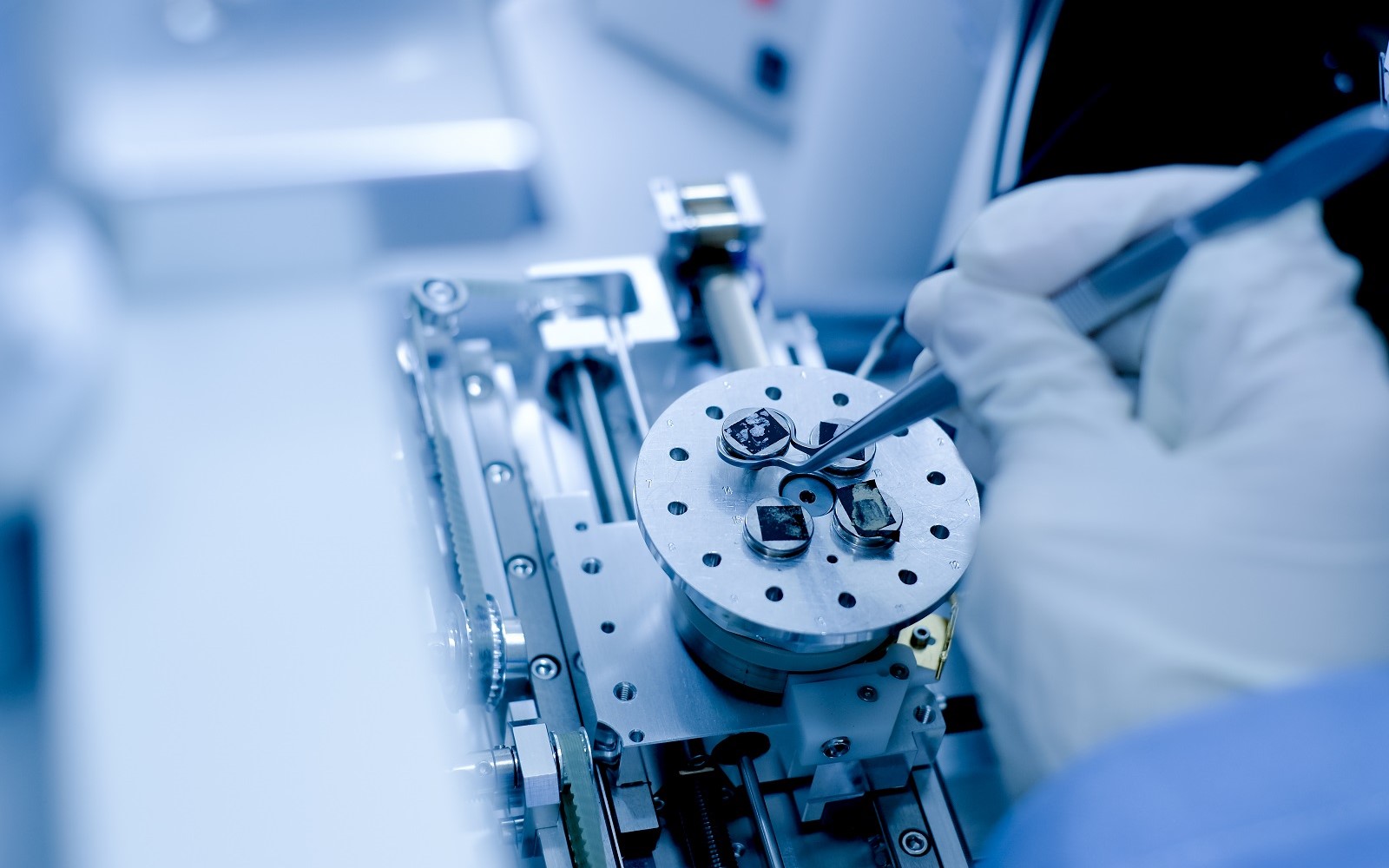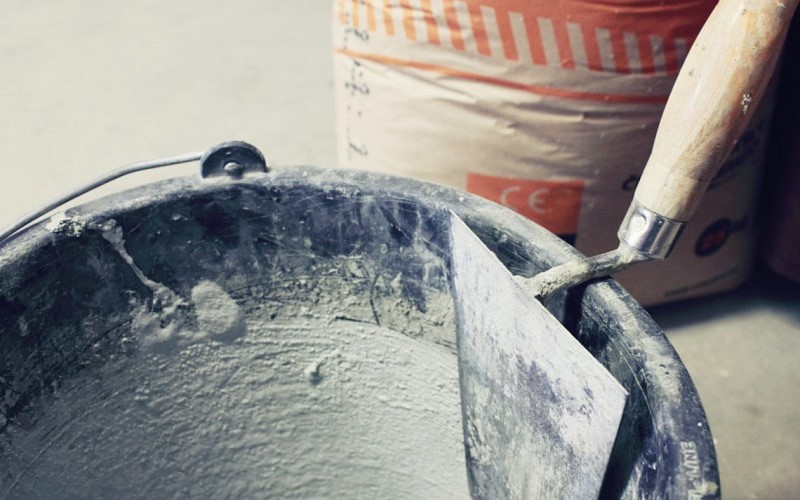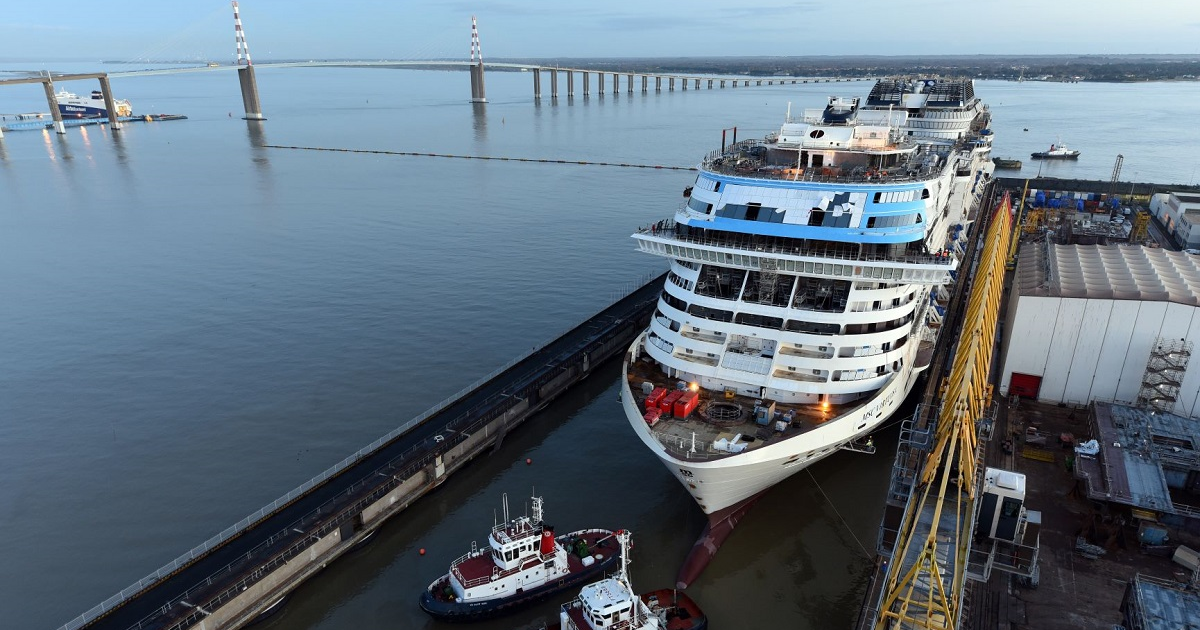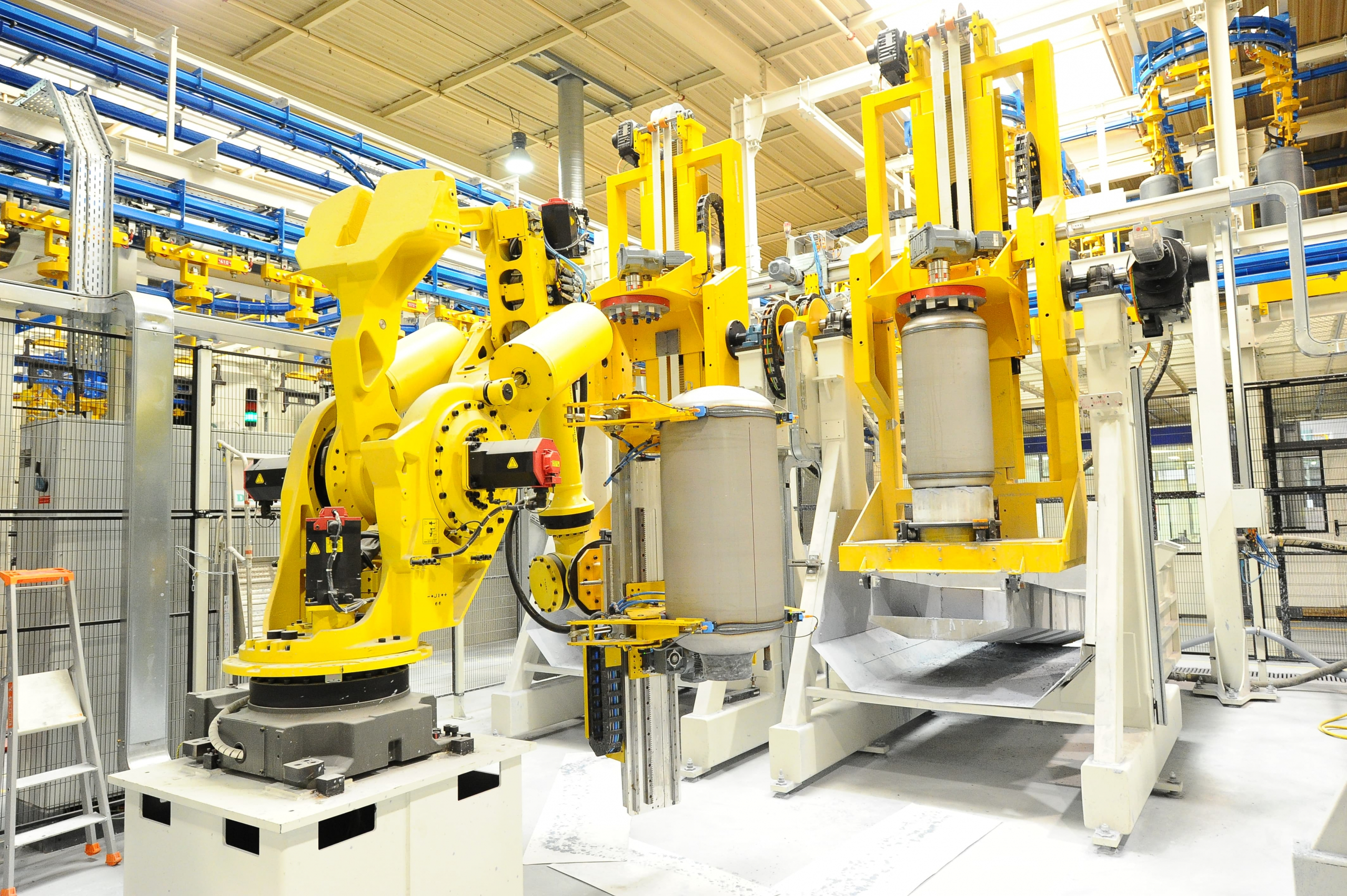-
Our Expertise
- See all Our Expertise
- Analytical chemistry
- Biodegradability tests for chemical substances
- Centrifugal Partition Chromatography
- Data science and Artificial Intelligence
- Enzymology and Glycochemistry
- Gene therapy
- Industrial valorisation of microalgae
- Materials
- Mechanical
- Preclinical trials
- Robotic and Automation
- Thermal Transfer
-
Follow our adventures
-
#ReadyOrNot
Subscribe
to our Newsletter
-

